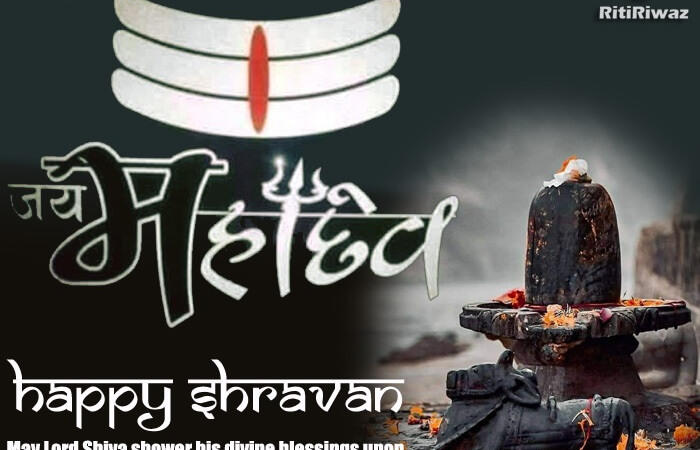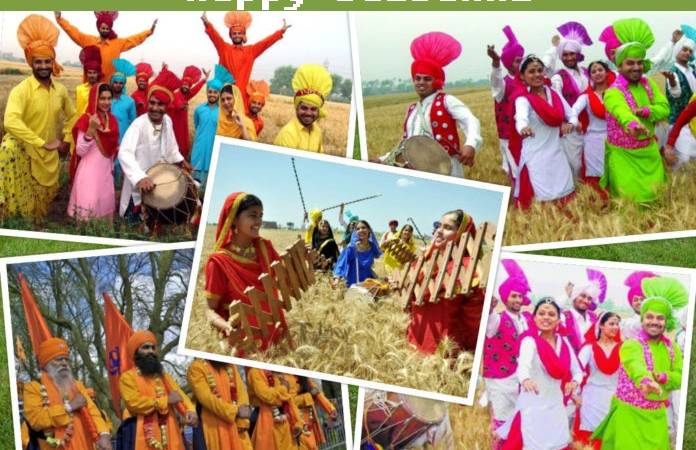Parinirvana Day | Nirvana Day

Parinirvana Day or Nirvana Day is a Mahayana Buddhist festival marking the final passing away from this world of Siddhartha Gautama at Kushinagar, India, at the age of 80. Siddhartha Gautama is commonly known as Buddha, he died approximately in 483 B.C. He was the founder of Buddhism. The death of Buddha is celebrated as there is the belief that he achieved freedom from physical existence and its sufferings after attaining Enlightenment.
At this festival, people remember the death of Buddha. When he was 80 years old, the Buddha knew that the time had come for him to die. He lay down and died peacefully. His last words were “All conditioned things are subject to decay. Strive for your liberation with diligence.“
Parinirvana Day is celebrated on 15th February in India and also on 8th February in some countries. On Patinirvana Day Buddhists contemplate his final words and enlightenment in their own ways. They spend the day meditating on the teachings of Buddha, the four noble truths, and the eight-fold path.
Buddhism is popularly seen as a religion stressing the truth of impermanence, death is not a subject of fear to be avoided as many other cultures do. It is believed that to understand death, is to know the value of life. Life and death are seen as a continuous cycle and we are born, die, and are reborn again through reincarnation. Once enlightenment has been attained, the endless cycles of birth and death are overcome, and the soul returns to its source. Death is honored as the key to understanding life. While dwelling on the idea of death and impermanence may seem depressing at first glance, give it a try on Nirvana Day.
In the temples the lights are lowered. People chant and meditate in the dimmed light. The lights are made bright again. The lights are a symbol. They show that the light of Buddha’s teachings continues to shine in the world.
History of Buddha’s Parinirvana
In Maha-parinirvana Sutta the last day of Buddha on earth is written. Buddha has predicted his death 3 month in advance, and he was ready to reach for the Parinirvana. His death came after 44 years after his enlightenment under a fig tree and Siddhartha became the Buddha. Buddha’s death came when he was in a state of meditation, in Kushinagar in eastern Uttar Pradesh, close to the state’s border with Bihar.
During his last sermon, Buddha himself mentioned the four most important places for the Buddhist ‘Dharma Yatra’ – Lumbini, where he was born, Bodhgaya, where he gained enlightenment, Sarnath, where he preached his first sermon, and Kushinagar, where he achieved Mahaparinirvana. In Kushingar where the Buddha actually attained parinirvana, has a 6-metre-long red sandstone monolith statue of the Reclining Buddha inside the Parinirvana Stupa.
Before he died, he imparted a few well-known final words to his monks.
“Behold, O monks, this is my last advice to you. All component things in the world are changeable. They are not lasting. Work hard to gain your own salvation.”
Tradition and customs of Parinirvana Day
On Parinirvana Day Buddhist not only celebrates the death of Buddha but it is also an opportunity to remember family and friends that preceded them into Parinirvana, and also to reflect on our own death and moment to pass away from this life. After one recognize the inevitability of death, their life becomes more precious in one’s eyes and they resolve to spend his time with whom and doing what they hold most close to heart.
Buddhist read passages from Maha-parinirvana Sutta to recount the last days of Buddha. People visit Buddhist temples and monasteries on this day for meditation, monks in monasteries prepare food to receive their guests who in return bring offerings as money, food or clothes.
Because the Buddha is said to have passed away near the city of Kushinagar, located in what is now the state of Uttar Pradesh in India, Kushinagar is a major destination for Buddhists during Nirvana Day. Some Buddhists treat Nirvana Day as a social occasion, preparing food and gifts to share with others at their monasteries.
This holiday is a solemn occasion, where Buddhists reflect on how they might attain the complete freedom and ultimate peace promised by entering the final state of Nirvana. Commemoration ceremonies are often held to honor the life and teachings of the Buddha.
Suggested Read: Lord Buddha – The founder of Buddhism






